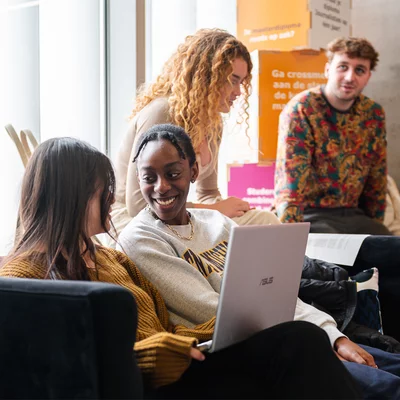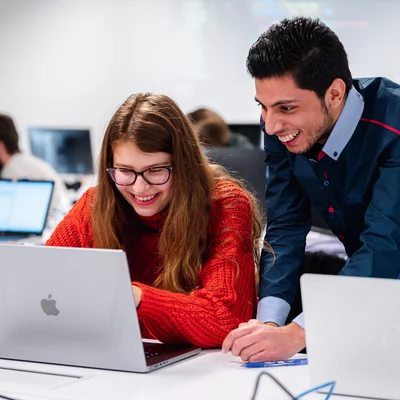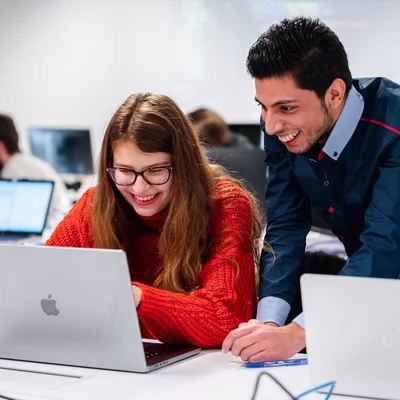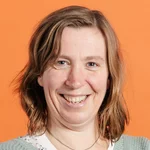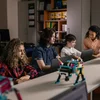
Diversity and inclusion in education
Children and youths are different in so many ways, this is terms of possibilities, sex and gender. They have diverse backgrounds socially as well as culturally. Those things determine how much opportunities they get in school and in society. Teachers and other professionals do not always feel capable to deal with all those differences in their group. This research checks what is required for a positive view on diversity and for optimal support of the class practice, with attention to the perspective of students and parents. In this way, we contribute to an equal participation of all students and a learning environment where everybody feels good and can achieve learning.
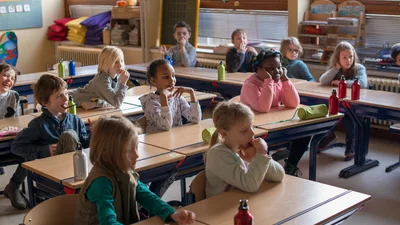
Together towards high-quality education for all
What are we researching and for whom?
Society is characterised by a lot of diversity. Students have various ethnic-cultural, socio-
economic and religious backgrounds. These determine your chances in education, your social position, and the extent to which you have to deal with discrimination and disadvantage. Children and parents experience that the school does not always provide an answer to their needs. Teachers often feel not capable enough to provide high-quality education to all children and youths. The guidance at school and in healthcare is not always able to give them the proper support. The communication about students and parents also is not always sensitive to diversity.
This research programme supports teachers and other (educational) professionals to deal better with differences in class and at school. As exclusion and discrimination can sometimes pop up unintentionally, we work on removing the obstacles that hamper everyone's equal participation.
Desired outcome
This research programme makes teachers and other educational professionals understand the added value of diversity en actually makes inclusion work.
Research lines
The social challenges in the superdiverse society are complex. The problems to offer all children high-quality education also lead to questions from students, mentors, management, and other partners from the professional sector. Artevelde UAS uses knowledge and materials from prior research, and studies more profoundly what thresholds obstruct the application. With a better knowledge transfer towards the broad education sector, we want our research to have more impact.
Diversity-sensitive culture and inclusive view
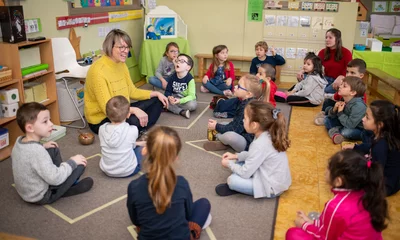
According to ‘De Genereuzen’, in Flanders, education still starts too much from the idea that tailored education is better for children with a disability and that the level in regular education hence remains insured. In the next 4 years, the project ‘Onwijs Onderwijs’ wants to show that education in which every child is welcome can perfectly be combined with high-quality education, in which every child can develop their talents, acquires knowledge, and learns to deal with knowledge and a diverse mixture of classmates. De Genereuzen asks Artevelde UAS, AP, and UCLL to research what impact their project has on the schools that want to grow into ‘flagship schools for inclusive education’, regardless of the needs or limitations of students.
Inclusive class practice and diversity-sensitive communication
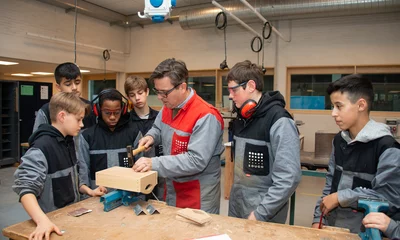
During earlier research projects on diversity, we saw that teachers and other (educational) professionals often do not feel competent enough to answer to all aspects of diversity in practice and adjust their approach to it. In recent years, we have developed a lot of know-how, professionalisation, and support materials to increase that feeling of competence. But educational professionals cannot easily find their way to the materials. In the Flexio pilot project, we developed a page with an overview that clusters results from former projects and trainings on diversity and inclusion. But we also want to know how partners in other countries approach this.
Empowerment of children, youths, and parents in an inclusive school, care and HR policy
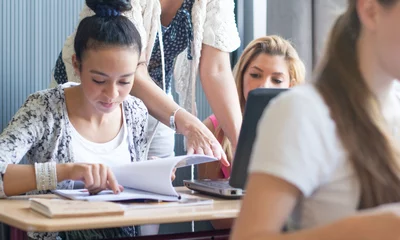
From the research project ‘Every voice matters’, it seemed that, at this moment, not all children feel like they are heard at school, even though they have a clear voice on good education. Partner organisations from education and wellbeing ask us how we can join forces to improve student participation for all youths, regardless of their background. Apart from the youths, parents too do not always feel recognised. From the enrolment right and the right to reasonable accommodations, together with parents we search how they can discuss with the school, in mutual trust, what support is needed, and who can provide this support best.
More information?
